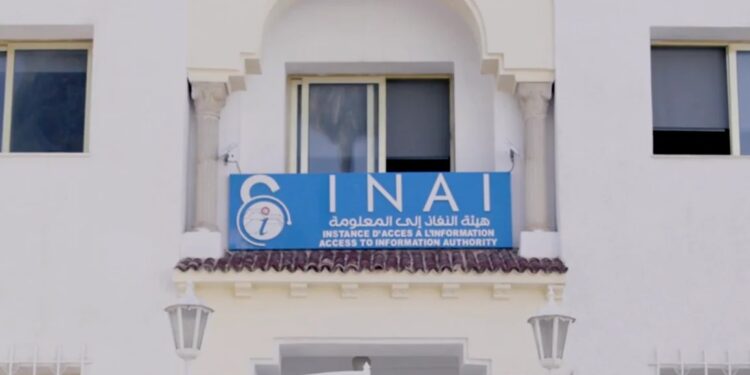The Tunisian authorities’ decision to close the headquarters of the information access body and transfer its employees to the presidency of the government arouses a strong reaction within civil society.
The SNJT (National Union of Tunisian Journalists) denounces “a direct attack on the constitutional right of access to information and an additional step towards opacity”.
The SNJT accuses
The SNJT announced, in a press release published this Wednesday, August 20, having been surprised by the closure of the headquarters of the access to information, considering “that it is a de facto stopping of its role as independent public authority”. Employees were transferred to the premises of the Government Presidency.
According to the union, “this measure is a continuation of previous decisions deemed arbitrary, such as the closure of the national body to fight corruption and the sleeping of the High Authority Independent of Audiovisual Communication (HAICA)”.
The union condemned “a deliberate policy of opacity and musical”, accusing the power to impose a fait accompli which weakens democratic pillars.
He believes that this decision deprives journalists of an essential instrument in their daily battle against bureaucracy and information retention.
The SNJT also calls into question “a violation of the prerogatives of the Assembly of People’s Representatives, the only authorized by law to appoint or renew members of the body”. It calls on deputies to assume their responsibilities and quickly elect vacant members in order to restore the functioning of the institution.


I Watch denounces
In a statement published yesterday, the organization I Watch expressed its vivid indignation in the face of the measures aimed at the access to information, which it describes as “the last bastion of transparency in Tunisia”.
According to I Watch, “this institution has been gradually and methodically paralyzed”, thus announcing its categorical refusal of the closure and the end of the Inai, believing that it is a serious damage to a right guaranteed by law and a violation of the independence of a jurisdictional body. The NGO demanded the immediate reopening of the body.
According to organic law n ° 22 of 2016 which devotes access to official data, the information access body had made it possible to impose a minimum of transparency on administrations, often accused of detention and concealment practices. Its stopping is perceived as a step back.










